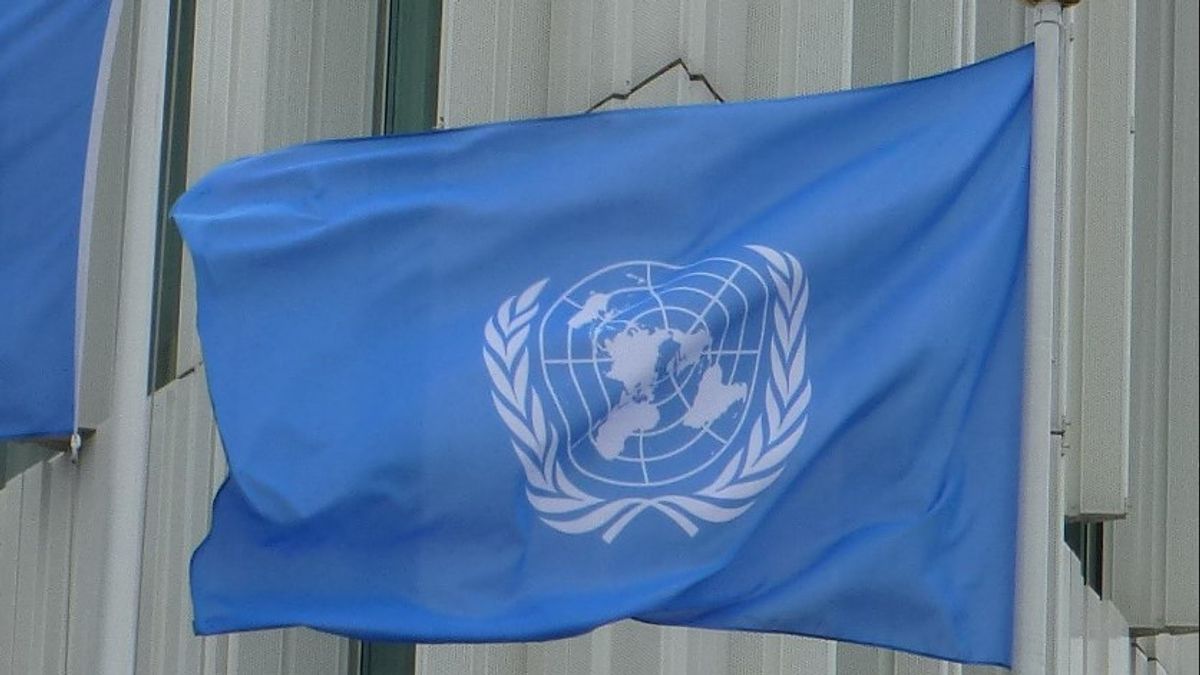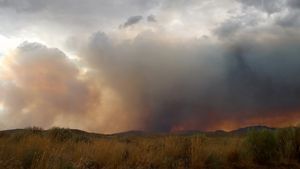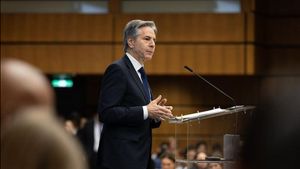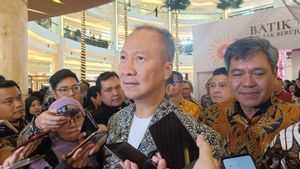JAKARTA - The United Nations (UN) has asked its 3,300 staff in Afghanistan not to work for the next two days, after Taliban authorities signaled on Tuesday it would impose a ban on Afghan women to work on the world body.
UN officials in Afghanistan "received news of an order from de facto authorities banning UN women's national staff from working," UN spokesman Stephane Dujarric told reporters in New York, quoted from The National News April 5.
The United Nations is looking into its impacts and will meet with Afghan Foreign Ministry officials in Kabul on Wednesday to seek further clarity, he said.
It said there were about 400 Afghan women working for the United Nations.
Meanwhile, two UN sources told Reuters concerns over law enforcement have prompted the organization to require all staff, men and women, not to come to work for 48 hours.
Friday and Saturday are usually weekend holidays in Afghanistan, meaning UN staff will not return until Sunday's fastest.
Earlier, the UN mission in Afghanistan (UNAMA) on Tuesday expressed concern regarding the ban on working experienced by female staff in Nangarhar Province.
"There is more official communication made in (Nanghar Province Capital) Jalalabad. We were told through various channels that this applies across the country," said Dujarric.
"Members of female staff are very important for the United Nations to provide life-saving assistance," he said, adding that about 23 million people, more than half of Afghanistan's population, needed humanitarian assistance.
Separately, UN Secretary-General Antonio Guterres condemned the imposition of a ban on Nangarhar, via a post on Twitter: "If this action is not canceled, it will undermine our ability to provide life-saving assistance to people who need it."
Meanwhile, the Taliban government, which took power when US-led forces withdrew from Afghanistan after 20 years of war, said it respects women's rights in accordance with their strict interpretation of religious law.
Since overthrowing the Western-backed government in Kabul, the Taliban has tightened control over women's access to public life, including barring women from entering universities and closing most high schools.
In December, Taliban authorities suspended most female humanitarian aid employees from working, who aid workers said had made it difficult to reach women in need and could get donors to withhold funding.
This restriction initially did not apply to the United Nations and several other international organizations. In January, UN Deputy Secretary-General Amina Mohammed marked concern that the authorities could further restrict Afghan women working in international organizations.
The English, Chinese, Japanese, Arabic, and French versions are automatically generated by the AI. So there may still be inaccuracies in translating, please always see Indonesian as our main language. (system supported by DigitalSiber.id)













